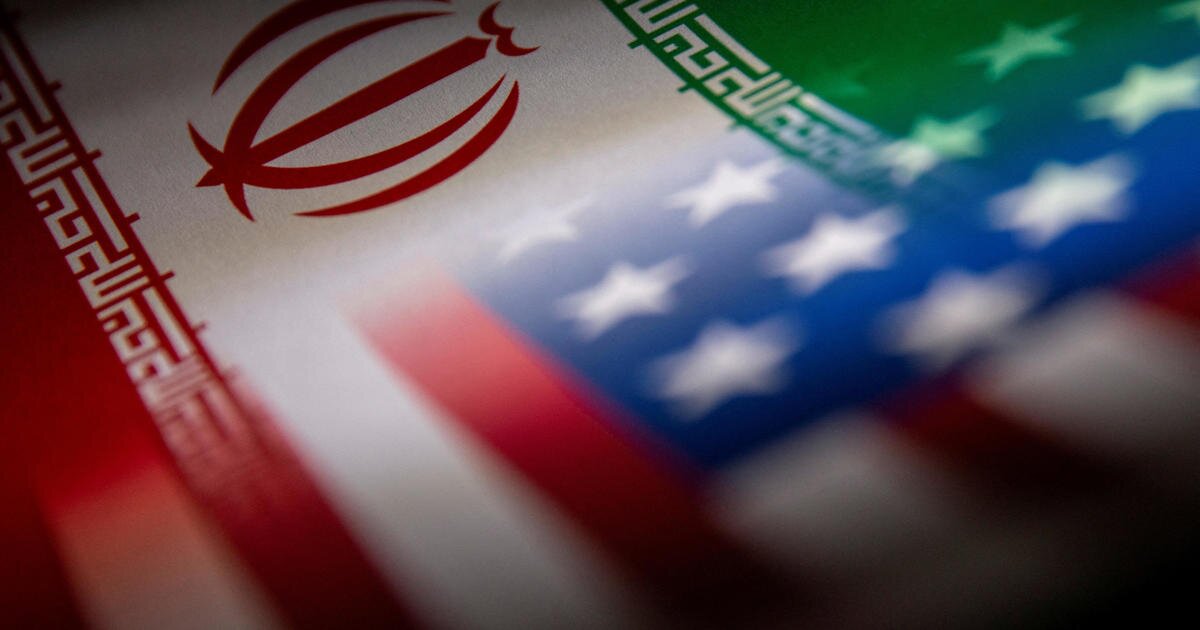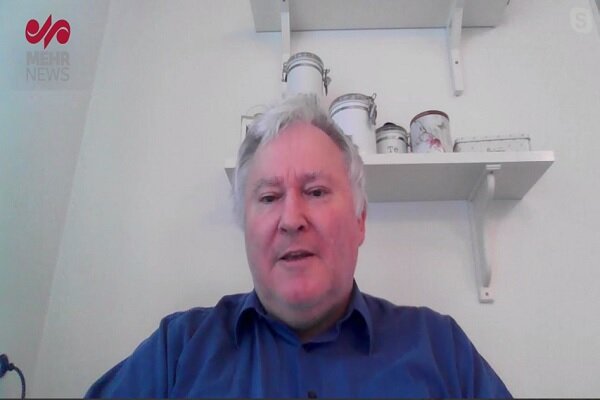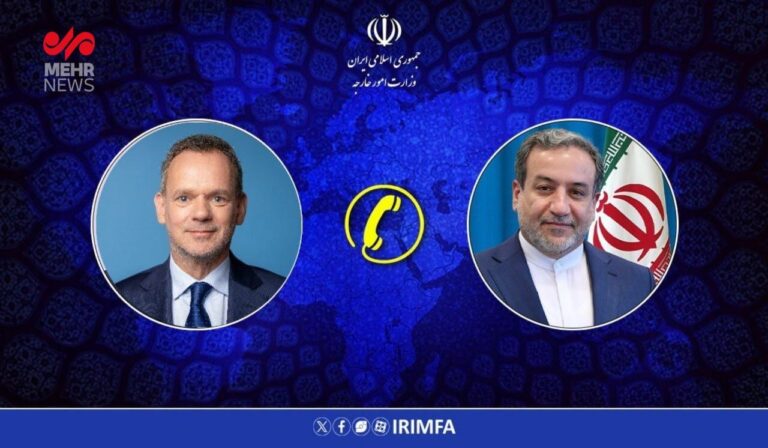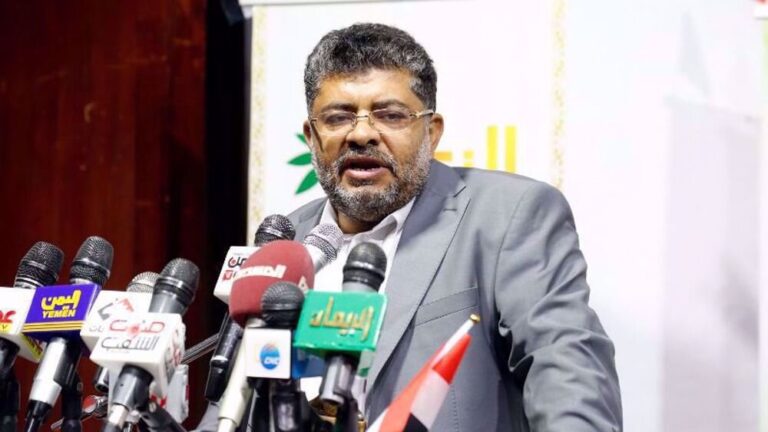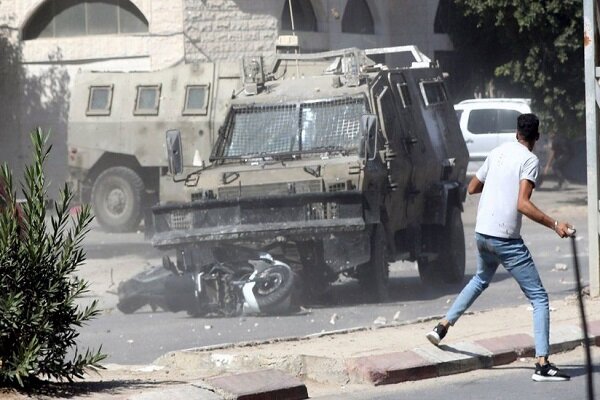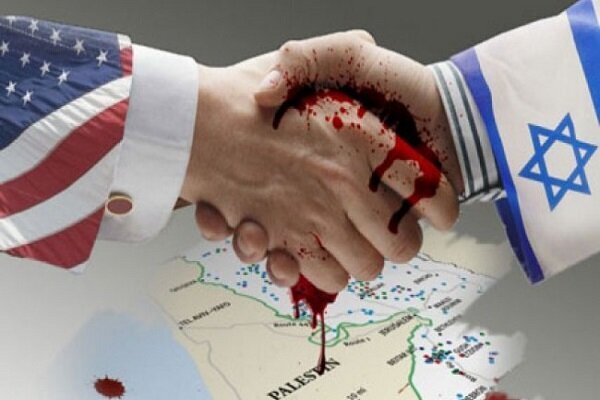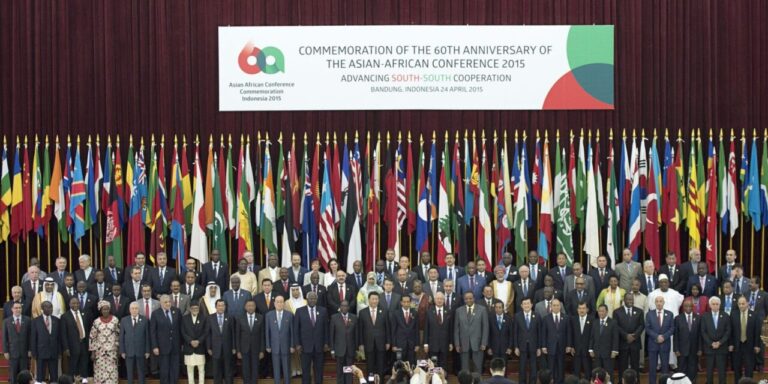Russia Remains Tight-Lipped on Acceptance of Iran’s Enriched Uranium: What This Means for Global Nuclear Dynamics
The ongoing discussions surrounding Iran’s nuclear program have drawn significant international attention, particularly regarding the potential transfer of enriched uranium. The Guardian recently reported that Tehran is likely to reject a proposal from the United States aimed at transferring its enriched uranium stockpile to a third country, such as Russia. This proposal is part of a broader effort by Washington to scale back Iran’s nuclear capabilities.
During a daily briefing, Kremlin spokesman Dmitry Peskov was asked whether Russia would accept Iran’s uranium reserves and if discussions had taken place between Tehran and Moscow. Peskov’s response was notably non-committal: “I will leave that question without comment.”
US President Donald Trump has expressed concerns over Iran’s nuclear ambitions, stating on Monday that Iran is “fairly close” to obtaining a nuclear weapon. He has threatened military action against Iran unless an agreement is reached to prevent this development. However, Iran has consistently denied any intentions to pursue nuclear weapons.
In contrast, Russia, which formalized a strategic partnership with Iran in January, maintains that Tehran has the right to develop peaceful nuclear energy. The Russian government has also stated that any military action against Iran would be illegal and unacceptable.
Last Saturday, talks between Iran and the United States took place in Oman, with the Omani foreign minister serving as a mediator, as reported by Press TV. The Iranian government has emphasized that these discussions were focused solely on addressing the US’s illegal and unilateral sanctions and various aspects of the Iranian nuclear energy program. They have firmly rejected any speculation regarding the inclusion of other issues in the negotiations.
The backdrop to these discussions is the Joint Comprehensive Plan of Action (JCPOA), a landmark nuclear agreement reached in 2015 between Iran and several world powers. Following the agreement, the United States lifted some sanctions. However, three years later, Washington reinstated these bans and introduced additional coercive measures against Iran, a strategy referred to as “maximum pressure.” This approach has included repeated threats of military action against Iranian territory.
Despite ongoing discussions, the Islamic Republic has made it clear that any direct negotiations with the United States are neither useful nor acceptable as long as Washington continues its hostile policies. This stance reflects Iran’s determination to maintain its sovereignty and rights in the face of external pressures.
- US Proposal: Tehran is expected to reject the US proposal to transfer enriched uranium stockpile to Russia.
- Kremlin’s Stance: Dmitry Peskov refrained from commenting on Russia’s potential acceptance of Iran’s uranium reserves.
- US Concerns: Donald Trump claims Iran is close to acquiring a nuclear weapon, threatening military action.
- Russia’s Position: Russia supports Iran’s right to peaceful nuclear energy and opposes military force against it.
- Recent Talks: Discussions in Oman aimed at addressing US sanctions and Iran’s nuclear program.
- JCPOA Background: The US lifted sanctions under the JCPOA but reinstated them in 2018, increasing pressures on Iran.
- Iran’s Response: Iran rejects direct negotiations with the US as long as hostile policies continue.
In conclusion, the dynamic between Iran and the United States continues to evolve amid ongoing tensions surrounding nuclear capabilities. The international community remains watchful, as the repercussions of these negotiations could have far-reaching effects on global security and diplomatic relations.
